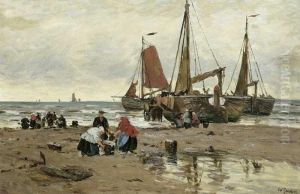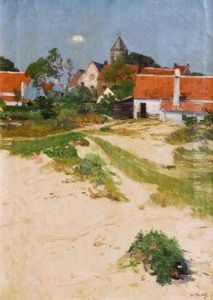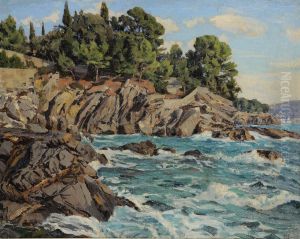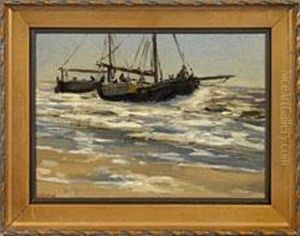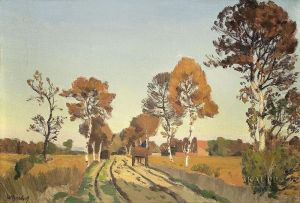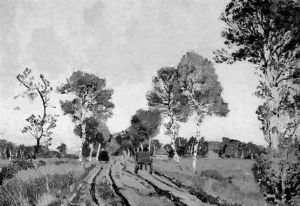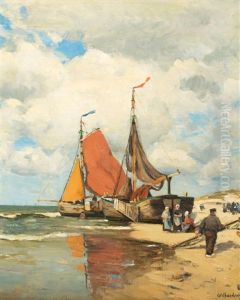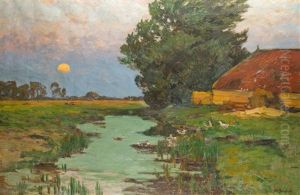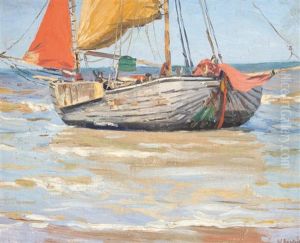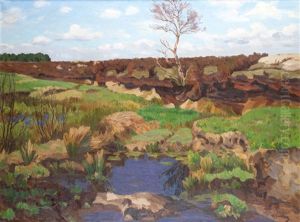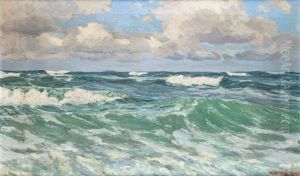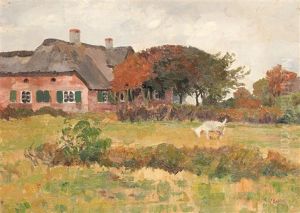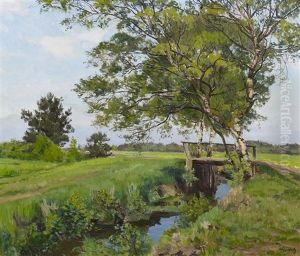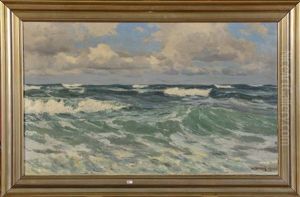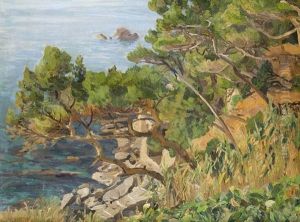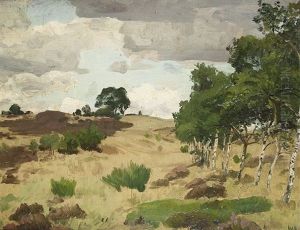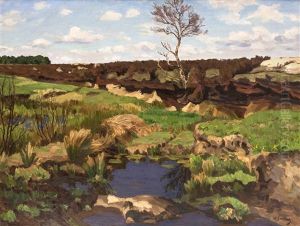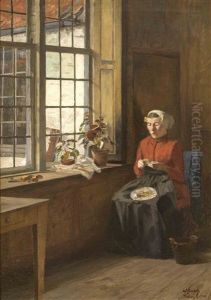Wilhelm Bartsch Paintings
Wilhelm Bartsch is a German poet and writer born in 1950 in Großräschen, a town in Brandenburg, Germany. Not to be confused with historic figures or other individuals of the same name, Bartsch grew up in East Germany (the German Democratic Republic, GDR) and his works are often influenced by the socio-political climate of his upbringing. Information on Bartsch's life is not as widespread or well-documented as more prominent historical artists, which may mean that his biography would not be as detailed without access to specific literary or biographical sources dedicated to his life and work.
Bartsch's literary career began to take shape in the context of the GDR's tightly controlled cultural scene. Like many East German writers, he may have experienced the tension between self-expression and the censorship imposed by the state's socialist regime. Despite these challenges, he sought to find his own voice and contribute to the German literary tradition.
After the fall of the Berlin Wall in 1989 and the subsequent reunification of Germany, Bartsch, like many of his contemporaries, would have witnessed significant changes in the literary landscape. The transition from a socialist state to a part of the larger, capitalist Federal Republic of Germany impacted the themes and distribution of his work.
Wilhelm Bartsch's writing predominantly encompasses poetry, where he has been recognized for his contributions to contemporary German literature. He may also be involved in cultural discussions and literary circles, contributing to the intellectual and artistic dialogue in Germany.
As of my knowledge cutoff in 2023, Wilhelm Bartsch's death has not been widely reported, suggesting that he may still be active as a writer and cultural figure. His current contributions would likely continue to reflect his experiences and evolution as a writer in a reunified Germany. It should be noted that the information provided here is fairly general and may not capture the full depth and nuances of Bartsch's life and work.
